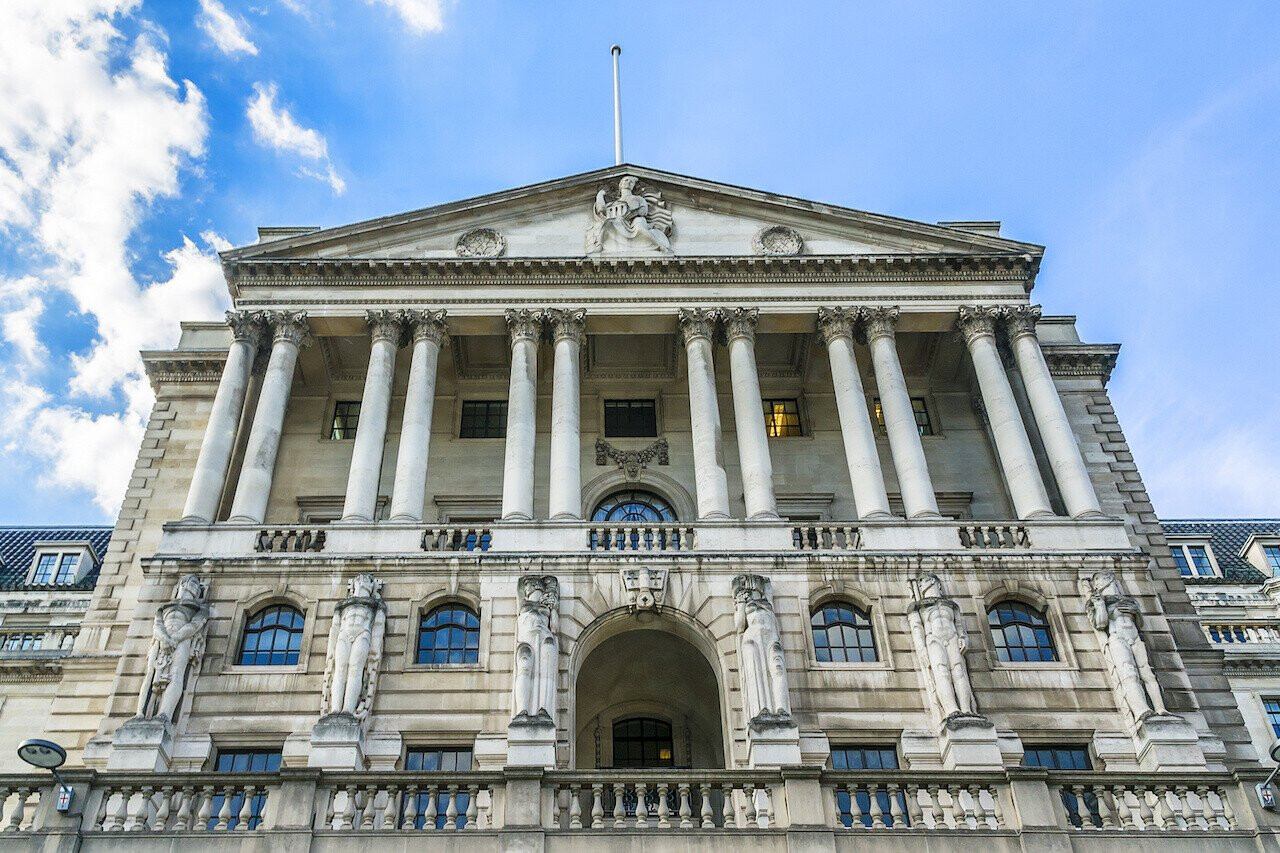The United Kingdom’s House of Lords has pushed The Economic Crime and Corporate Transparency bill to its final stages of approval.
The bill was introduced in September 2022 in a bid to expand the powers of financial authorities in the country to confiscate monetary proceeds from financial crimes including crypto-based heists.
In 12 months, the bill scaled through all five stages of both the House of Commons and House of Lords as wider cryptocurrency regulation looms in the UK and across several jurisdictions.
The proposed bill is now in the final stage which includes consideration of amendments and Royal Assent.
Aimed at tackling crypto-related crime, the bill House of Lords proposed new amendments including the “failure to prevent fraud” clause which expands circumstance when a body can be said to have committed an offence either directly or through the staff for its benefit.
“A relevant body is also guilty of an offence under subsection (1) if—
(a) an employee of the relevant body commits a fraud offence intending to benefit (whether directly or indirectly) the relevant body,
(b) the fraud offence is committed in a financial year of a parent
undertaking of which the relevant body is a subsidiary undertaking (“the year of the fraud offence”), and
(c) the parent undertaking is a relevant body which is a large organisation.”
UK clamps down on crypto crime
The bill also includes provisions that give local authorities the power to freeze crypto assets linked to crimes and has been hailed as removing unnecessary barriers to adequate investigations.
Observers have hailed the bill as a step in the right direction to prevent bad actors from quickly moving flagged assets away from its jurisdiction and also has the potential to contribute millions to the public fund.
Specifically, the bill would remove requirements of an arrest warrant before cops can confiscate flagged digital assets in criminal cases.
Phil Ariss, TRM Labs director of the UK public sector praised the move adding, “One area this will be used is on occasions where assets have been identified, significant links to criminality can be proven, but the subject of the investigation is unlikely to face justice in the U.K. think of those committing fraud outside of the U.K. and targeting U.K. residents.”
Civil forfeitures are also encapsulated in the bill as crypto linked to illicit activities can be seized irrespective of the absence of a criminal conviction.
“The creation of a crypto asset specific civil forfeiture power will mitigate the risk posed by those that cannot be prosecuted but use their funds to further criminality or for terrorist purposes.”
Read the full article here










